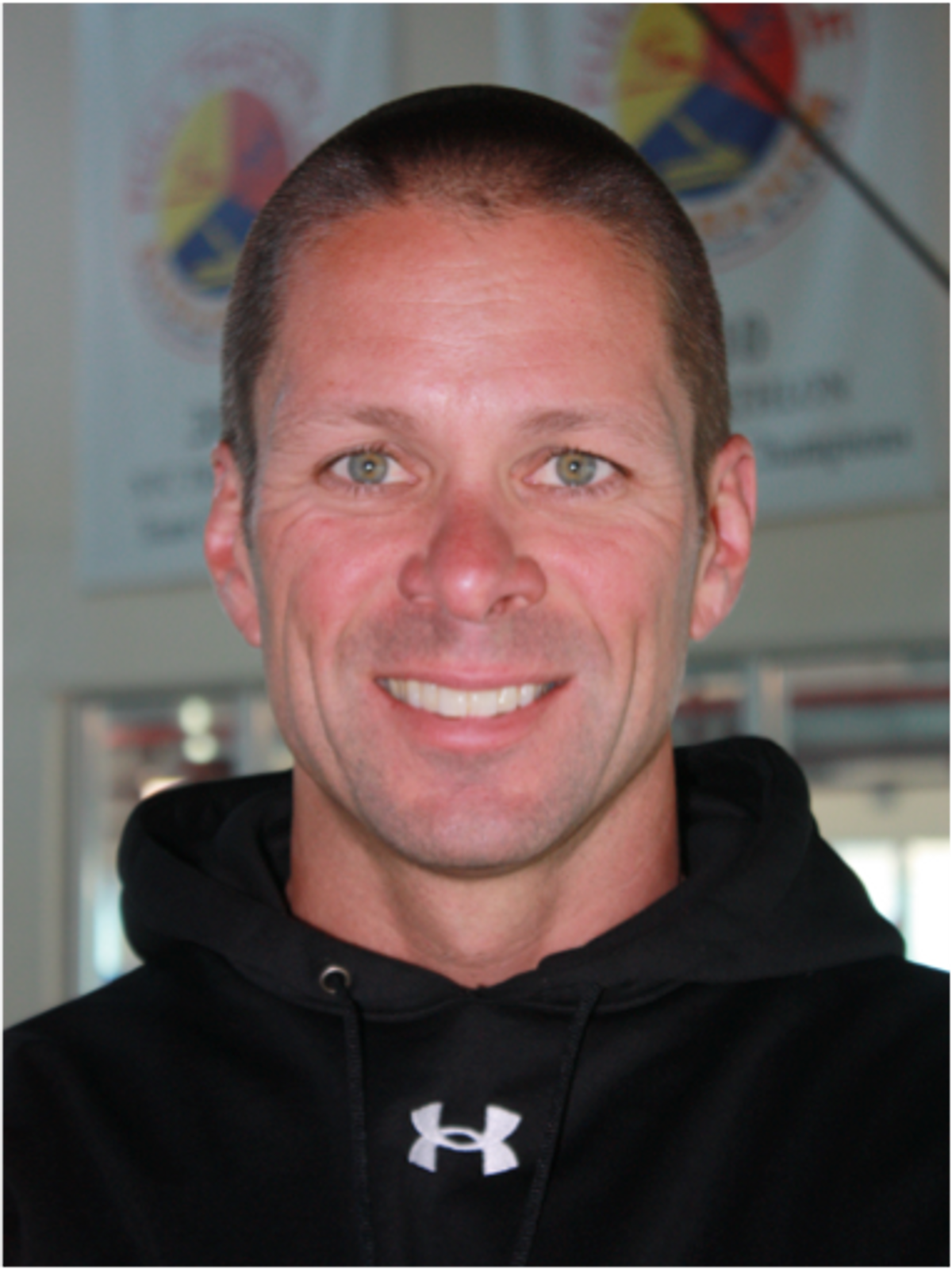A small-town swimming champ-turned-national gladiator, Scott Berlinger has been an athlete since he was six years old. He grew up in Cumberland, Rhode Island, where he was a decorated swimmer, and then attended the University of South Carolina, where he began strength conditioning and body building. This eventually landed him a spot on the popular TV show, American Gladiators, as Viper for two years. Now he runs Full Throttle Endurance Racing with partner Chelsea Piers, a team training group that has picked up four USA Triathlon Team Championships and six NYC Triathlon Team Championships since 2003. Here he shares his expert tips for staying fit whether you’re just thinking about getting a gym membership or training for a triathlon.
Expert Tip #1: Have a Sporting Good Time
Working out should be fun, no matter what level you’re at. Says Berlinger, “Having a good time at the gym or on the field is more important than a lot of people realize. The moment you are no longer having fun, and training becomes a chore is the moment that training becomes another stress factor, not a stress reliever.” Fitness is part of general well-being and the point of training is to keep your mind and body healthy, not to create a second job. Don’t approach working out like actually work. It should be a challenge, but not a task. Try seeing it as a hobby and a skill set you’re improving for your own personal sense of satisfaction.
Expert Tip #2: Set Realistic Goals
It is human nature to strive to be the best. Your top goal might be to finish first, but you should also want to stay safe and injury-free. Explains Berlinger, “Competition can be a great motivator, whether it’s against others or yourself. Trying to beat your best times in past races is a perfect way to start.” However, it should be paced and done with moderation. Training and race progression should happen before you jump to the next level. When it comes to triathlons, for example, it’s important to learn proper form in all three modalities first, so that you can race without getting hurt. Those key lessons can last you a lifetime, and even be applied to other facets of your life.
Expert Tip #3: Make It a Team Effort
Find a team or at least, a training partner. Simply put: Don’t train alone. Working out with others allows you to be more accountable and not miss or blow off training sessions. There will be days when you are not feeling your best. Says Berlinger, “Life happens, stress, work, families, and other obligations are all factors that can de-rail you. Any of those can distract you from daily workouts, and on those days, a training partner or team can really help you re-focus.” They can make sure you try your hardest, even if you’re not feeling your best. Likewise, there will be days when you are the one helping and pushing your teammates. That’s a great feeling too.
Expert Tip #4: Pick a Race as a Goal
Goal setting is important whether you’re trying to stay in shape or thinking about a triathlon. Once you’ve decided on the latter, pick a race. “Having a day on the calendar will make it difficult to hit the snooze button on your alarm clock or skip out on an after-work session for happy hour,” says Berlinger. Knowing that you will have to show how hard you’ve trained for a particular event—or not—can really help to you stay a course, especially when you know your friends and family will be watching. But also try and keep a sense of balance so that it doesn’t become a source of anxiety.
Expert Tip #5: Don’t Start With an Ironman
When you get into triathlons, everyone wants to do an Ironman. This might not be your best bet, says Berlinger, “I think that it’s a good goal for the future, but a mistake for the short term. You really want to learn how to race short-course first. That distance would be sprint and Olympic distance races.” First master your racing technique, get faster, and build up to an Ironman. To really train properly for an Ironman, and not get injured, you really need to allocate a big block of time. Most importantly, when you decide on a fitness goal, seek out those who do it for a living, so you can train hard, train right, and train safe.



Shares